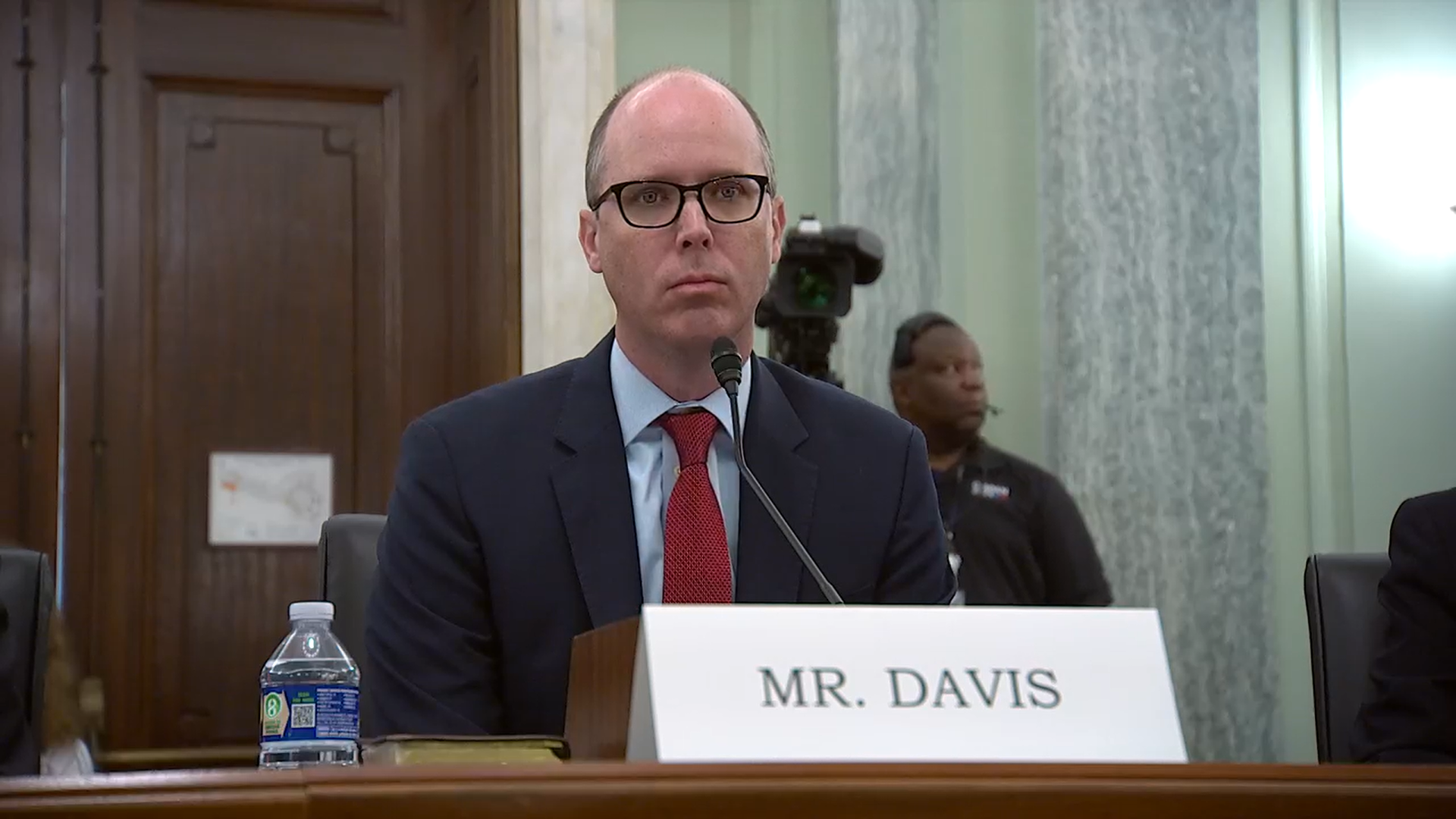Sean Davis, CEO and co-founder of The Federalist, testified before the Senate Commerce Committee on October 7, 2025, regarding allegations of censorship by the federal government. His remarks were part of a hearing titled "Shut Your App: How Uncle Sam Jawboned Big Tech Into Silencing Americans."
Explainer Supreme Court Allows Mississippi's Social Media Age-Verification Law to Proceed
Davis described a coordinated campaign against The Federalist, claiming that both foreign and domestic entities have targeted the conservative media outlet. He asserted that in 2020, a U.K.-based organization connected to a foreign government collaborated with Google to demonetize The Federalist after it published an article questioning mainstream media narratives about riots.
"Our crime? We published an article in the summer of 2020 entitled 'The Media Are Lying To You About Everything, Including The Riots,'" Davis stated. He emphasized that the censorship extended to his editor, Mollie Hemingway, who faced restrictions for her reporting on election integrity.
Davis claimed that government-funded initiatives in the U.S. sought to suppress their content during the heated 2020 presidential election. He noted that he was censored for sharing a Pennsylvania Supreme Court decision regarding mail-in ballots, while Hemingway faced similar treatment for linking to an article about voter fraud.
The testimony also highlighted the involvement of the U.S. State Department's Global Engagement Center (GEC), which Davis alleged was involved in efforts to undermine The Federalist. He stated that the GEC was prohibited from targeting domestic speech but nonetheless attempted to reduce the outlet's reach and pressured advertisers to withdraw support.
"In essence, our own government secretly and without any due process charged us with thoughtcrimes, convicted us, and sentenced The Federalist to death," Davis claimed. He argued that the ongoing censorship efforts are a threat to free speech and democracy.
The hearing comes amid broader discussions about the role of social media platforms and government influence in moderating content. Critics of the government's actions argue that such censorship undermines democratic principles and the First Amendment.
In response to Davis's testimony, some lawmakers expressed concern over the implications of government involvement in content moderation. Senator Ted Cruz (R-TX) remarked, "The government should not be in the business of silencing dissenting voices."
However, supporters of the GEC's initiatives argue that these measures are necessary to combat misinformation and protect public discourse. They contend that the rise of extremist views on social media platforms necessitates a proactive approach to ensure a balanced information environment.
As the hearing concluded, Davis reiterated the potential dangers of censorship, stating, "The effort to censor and silence political opposition is not the final step in the effort to usher in tyranny and authoritarianism. It has to stop."
The Senate Commerce Committee's hearing reflects ongoing tensions between government oversight and free speech, raising questions about the balance between combating misinformation and protecting constitutional rights.
Why it matters
- Sean Davis's testimony highlights allegations of government censorship against The Federalist, raising concerns about free speech and media independence.
- The hearing underscores the tension between government initiatives aimed at combating misinformation and the potential infringement on First Amendment rights.
- Davis's claims of foreign influence and domestic suppression during the 2020 election spotlight the challenges faced by conservative media outlets.
What’s next
- Lawmakers may propose legislation to address government involvement in content moderation following the hearing.
- Further investigations into the Global Engagement Center's activities could be initiated by the Senate Commerce Committee.
